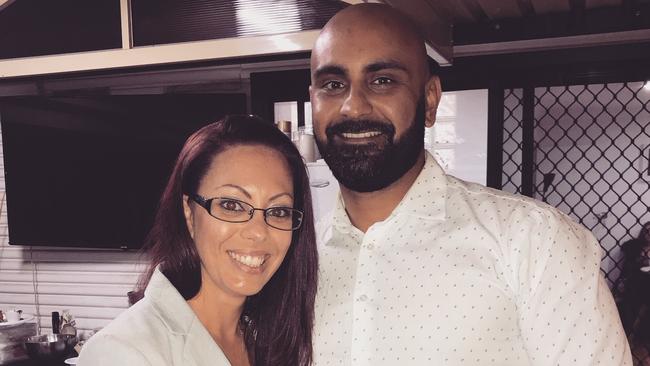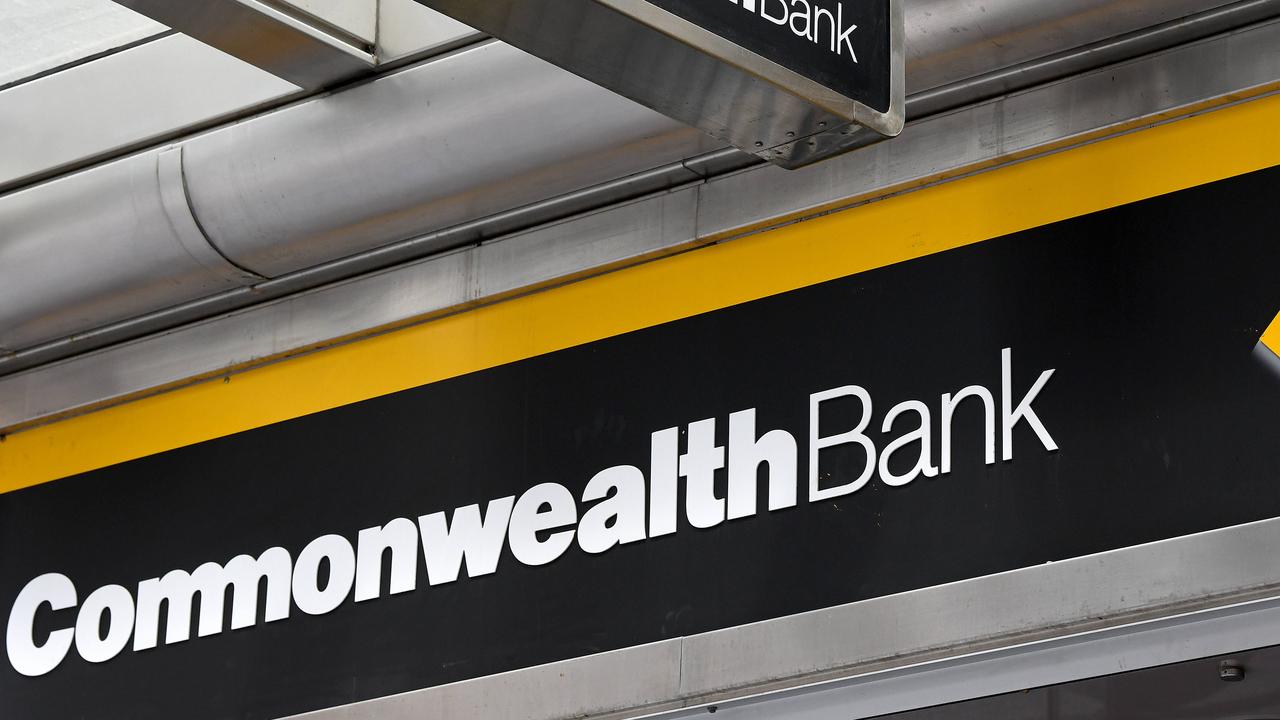Credit card customers should adopt a plan of attack to wipe their debts in 2020
Hefty credit card debts might seem impossible to conquer, but there are some simple strategies you can use to beat them.
Banking
Don't miss out on the headlines from Banking. Followed categories will be added to My News.
Post-Christmas credit card statements are starting to roll into customers’ inboxes and mailboxes, leaving many people with a serious challenge on their hands to pay back debt.
Being saddled with card debt can be incredibly stressful, particularly at this time of year when many households are juggling other costs including back-to-school expenses.
Most credit cards in Australia attract double-digit interest rates, many of which are above 20 per cent making it one of the most expensive debts to have.
Latest statistics from the Reserve Bank of Australia showed in November, Australians owed $43.1 billion on personal credit cards and $27.2 billion was accruing interest.
But experts say now is the perfect time to declare war on your debt and se

t up a serious plan of attack to weave yourself out of financial heartache in 2020.
MANAGING YOUR DEBT WOES
Life coach Katie Pinto, 35, has racked up thousands of dollars in credit card debt across three cards and is struggling to wiggle herself out of it.
“Getting the debt down has been an issue, I was just buying little bits and pieces here and there which added up,” she said.
“I was putting things on there like groceries and bills.”
She now has maxed out the three cards with balances of $3000, $5000 and $6000.
Ms Pinto said she hoped to wipe the debt soon so she could get financially back on track.
“I’m going to try and be a bit wiser with my money,” she said.
She had previously tried to use a balance-transfer deal — where you move debt from one card to another to reduce her costs — but had failed to clear the debt.
“All it did was remove a bunch of fees but it didn’t help me pay the debt down,” Ms Pinto said.
She just makes the minimum repayments on the cards at the moment to get by.
MORE: Investors brace for coronavirus impact
Simple steps you can take towards early retirement
I dumped social media and haven’t looked back
ESTABLISH A PLAN
Racking up a credit card debt can easily be done and it’s usually debt accumulated through discretionary spending such as clothes, takeaways and nights out.
But Wisr’s chief executive officer Anthony Nantes said for those meddling in card debt the first thing they should do is establish a plan of attack.
“Make a list of the debts you have and next to that the interest you are paying on each of the debts,” he said.
“For most people that’s enough to see if they have a high interest rate and how they can move to a better outcome.”
Data from financial comparison website RateCity shows the average credit card interest rate is 17.07 per cent but interest rates across the market vary far and wide.
Some have no annual fees and there are also single-digit interest rates available on some cards.

RateCity’s database showed the lowest deal was Teachers’ Mutual Bank’s and UniBank’s no annual fee credit card which has an introductory interest rate of 7.9 per cent for the first six months, before reverting to 11.5 per cent.
Working out how much money is owing and then having a realistic approach to paying back the debt is a good place to start.
Cardholders also need to factor in the card’s interest charges and annual fees if they apply.
RateCity’s spokeswoman Sally Tindall also said consumers had to “stop the leaks so you are not adding to that problem”.
“That may mean taking the scissors to a card or putting it away so you don’t touch it,” she said.
“Then sit yourself down and work out a plan to get yourself out of this debt and that means not just paying the minimum repayments but trying to whittle that outstanding balance all the way down to zero.”
BALANCE-TRANSFER DEALS
These remain one of the popular ways for cardholders to try and cull their debt.
But unfortunately these cards — which have a set honeymoon zero per cent interest-free period — can lead to customers just adding salt to the wound and accumulating more debt.
In 2018 the Australian Securities and Investments Commission said banks needed to take a fairer approach to BT deals which included allowing interest-free periods on new purchases.
On most cards if a new purchase is made on the BT card the interest-free period does not apply.
One of the nation’s largest lenders, the National Australia Bank, a few days ago revealed they would begin offering interest-free days for new purchases on their balance-transfer deals.
Financial comparison website Mozo’s spokeswoman Kirsty Lamont said this was a “game changer that gets rid of the nastiest credit card traps out there”.
“Most zero per cent balance-transfer cards offer zero interest on transferred balances, while charging interest on any new purchases from day one,” she said.

“This means that even as cardholders are paying off their existing debt, they can be racking up an all new debt at sky high interest rates.”
The new change by NAB becomes effective from March 30 this year.
Lender Bankwest has one of the longest honeymoon interest-free BT deals spanning 26 months, but their general manager of products and pricing Paul Vivian said anyone signing up to these types of deals needed to read the details carefully.
“There’s more to a balance-transfer offer than a good interest rate so customers should understand when their balance-transfer offer starts and ends and any fees and charges associated with the account and the offer,” he said.
RateCity figures found for someone with a $10,000 debt who did Bankwest’s BT deal for 26 months noting the revert rate of 12.99 per cent, after five years of paying the minimum off each month the customer would have paid $5000 less in interest charges over that time.
This is compared to keeping their debt on a standard card and paying the minimum each month.
DEBT CONSOLIDATION
There are other ways to get out of card debt – other than just working to pay the card off or using a balance-transfer deal.
Debt consolidation using a personal loan or rolling the money owing into a mortgage is another method many cardholders use to help wipe the slate clean.
By doing this the cardholder is paying off the debt at a much lower rate.
Home loan interest rates are around three to four per cent, while many personal loans are around 10 per cent.
RateCity’s Ms Tindall said, “debt consolidation is a really good approach”.
“If you are rolling debt into a personal loan is that the loan will be a set period of time and you will pay it off in equal instalments until that debt is paid down in full,” she said.
“The mortgage is often an attractive way to consolidate debt as well because of the relatively low interest rates attached but just be careful because sometimes people can take a long time to pay that debt off.”



